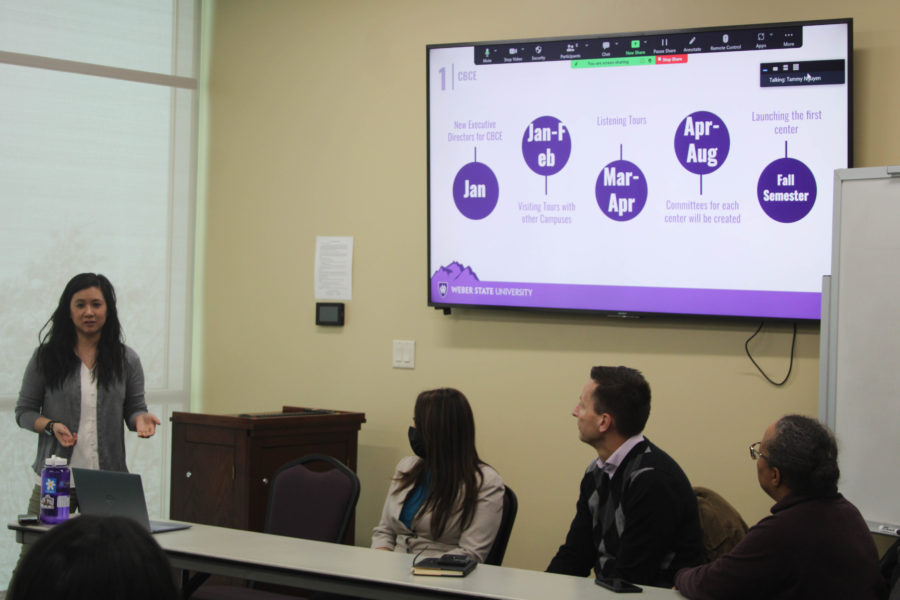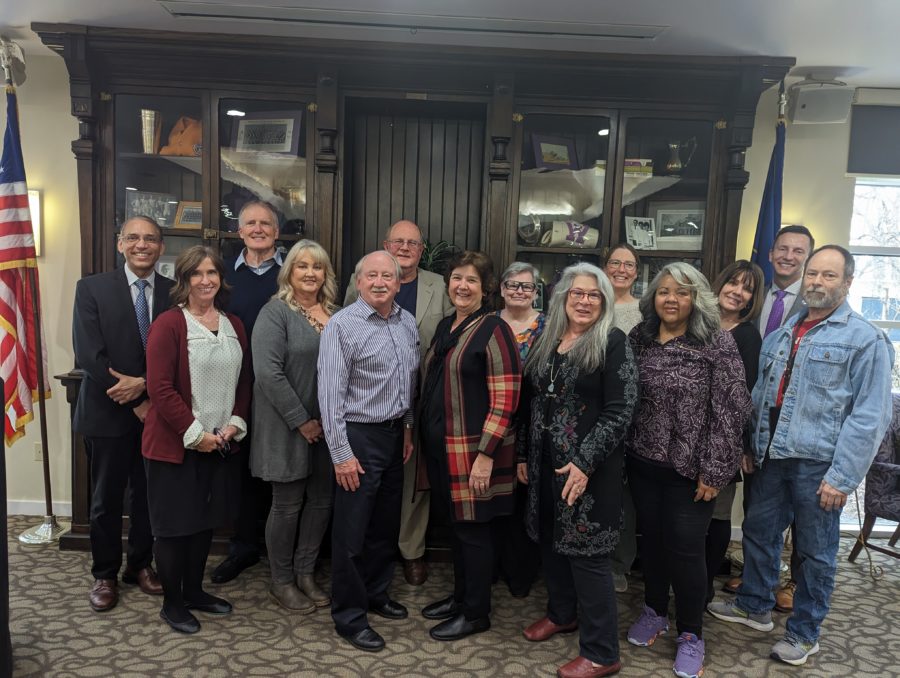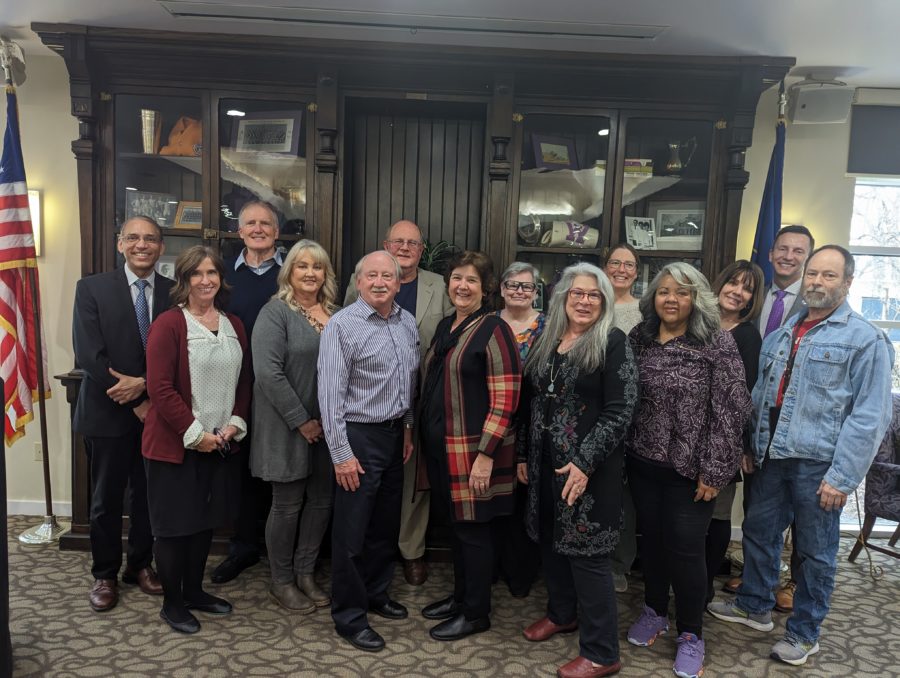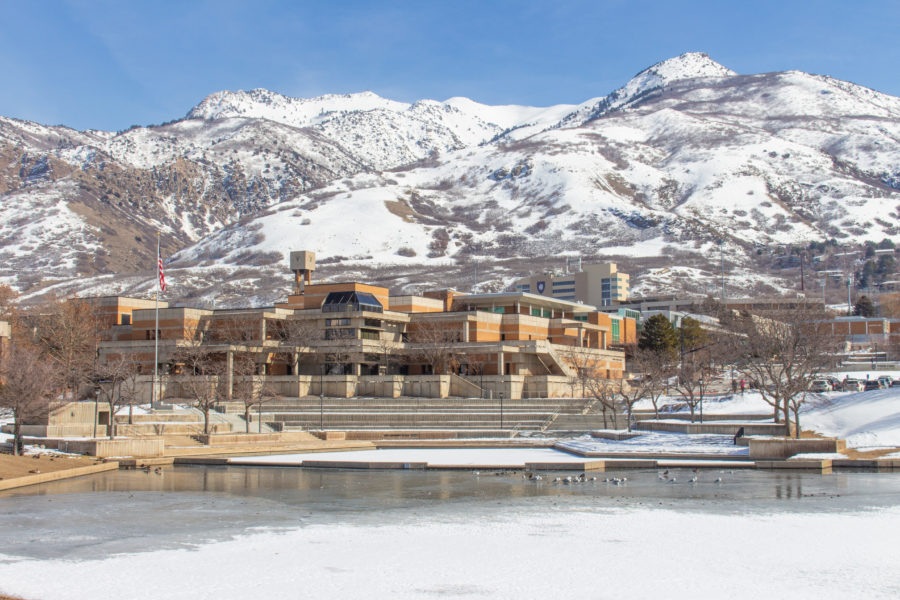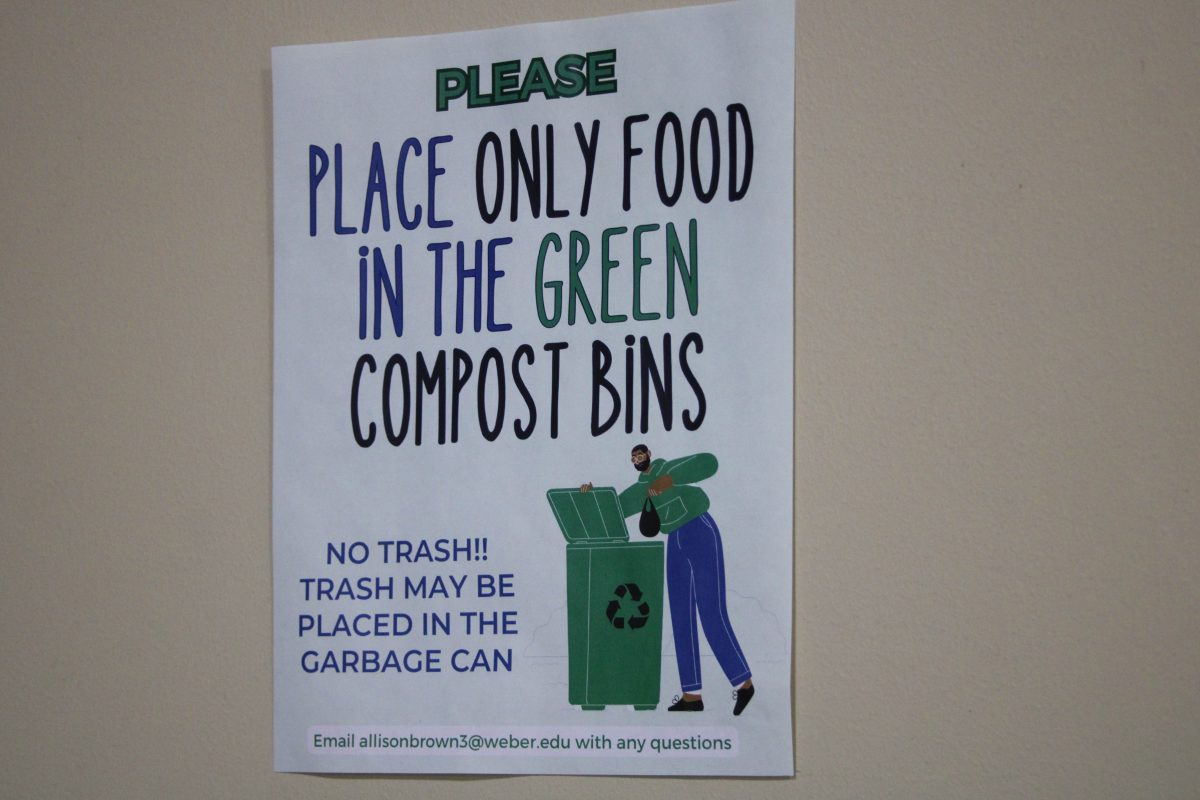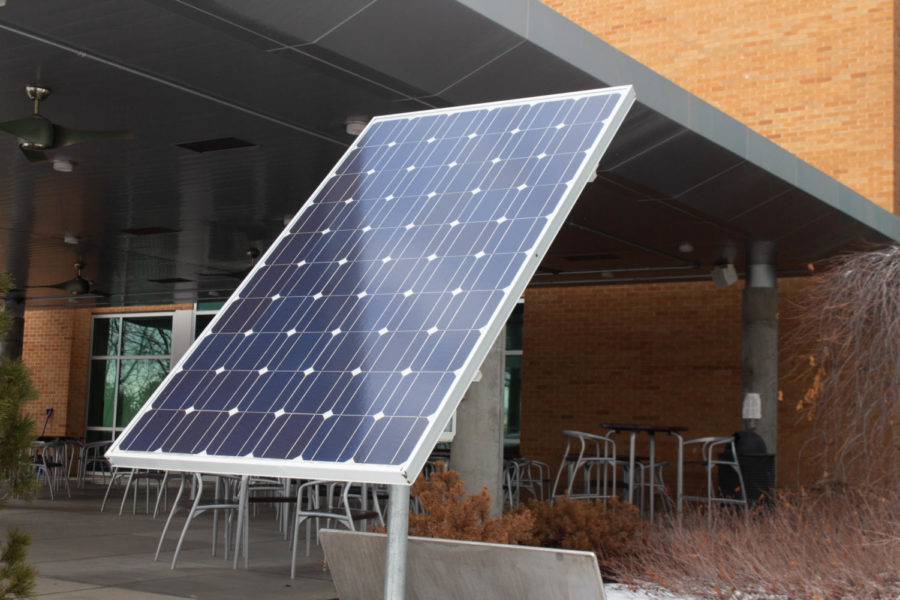Weber State’s campus provides an abundance of resources for students, but sometimes it’s hard to know what questions to ask, which resources are the right fit and where to find certain resources.

That’s where WSU’s Access and Diversity Peer Mentor Program comes into play.
The Peer Mentor Program is a free resource where students receive needed support and guidance from a mentor and fellow student. Students can get a mentor by visiting the peer mentor office, the peer mentor webpage, by phone, email or attending orientation. Students are then matched with a peer mentor based on their major, personality and time schedule.
Once a mentor and mentee are paired together, mentees have the support of their mentor for a full academic year.
“The support can look different depending on each student; maybe it’s helping them get involved in clubs or activities, or connecting to academic and wellness resources,” Olga Antonio, mentor coordinator, said.
Mentors can also help students understand how grades work, financial aid, class registration, finding internships and scholarships.
“Depending on what students want, mentors and mentees can have one-on-one sessions or group sessions,” Antonio said. “The group sessions can be anywhere from small groups to program events. Right now we’re doing virtual events, but in the past we’ve done a winter social and had picnics.”

Shawn Bennion has been a peer mentor for a little over two years now.
Bennion can recall starting his college experience wishing he had someone to show him what resources were available to him. It was one of the reasons why he became a peer mentor.
“I’ve received an enriching experience by being a mentor,” Bennion said. “It’s been rewarding being able to help people find out where they belong and what their interests are.”
Mentor adviser Andrea Salcedo said mentors also aim to empower their mentees in ways that maybe they haven’t been empowered in the past.
“The mentors help their mentees realize that their knowledge and experiences can still be used in the classroom and in the overall college experience,” Salcedo said.

Mentees also have the chance to become peer mentors later on.
Melanie Melgar was a mentee for a year before becoming a peer mentor, and she is now a peer mentor lead.
Melgar is a first-generation college student and heard about the peer mentor program during her orientation.
“For me, college felt like a completely new environment and I didn’t know what to look for,” Melgar said. “I saw that peer mentoring was a free resource I could connect with, so I reached out.”
Melgar initially thought the whole experience was going to be more intimidating than it ended up being.
“Once a mentor reached out and we started meeting one-on-one, I felt more comfortable and welcome at Weber,” Melgar said.
Melgar’s mentor helped her get her student ID and showed her around the library.
“Mentors basically guide you through Weber State, give you advice, answer your questions or just help you stay connected with someone,” Melgar said.









